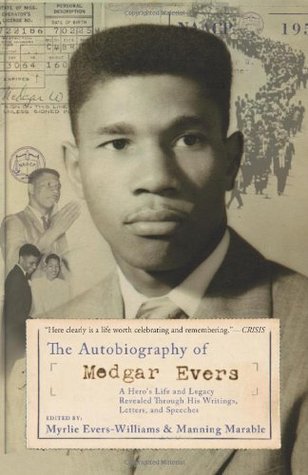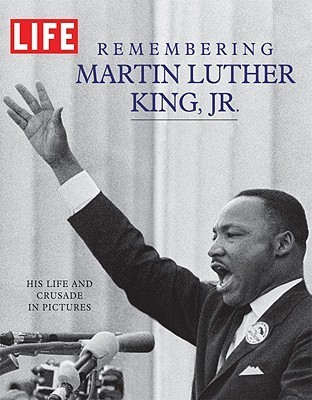
The Autobiography of Medgar Evers: A Hero's Life and Legacy Revealed Through his Writings, Letters, and Speeches
Book Description
A life cut short yet filled with purpose, Medgar Evers stands as a beacon of courage in the tumultuous fight for civil rights. Through heartfelt letters, impassioned speeches, and intimate reflections, this powerful autobiography unveils the indomitable spirit of a man who faced relentless adversity in his quest for justice. Experience the raw emotions and burning resolve that fueled his battles against hatred and oppression. In a world still echoing with the cries for equality, what legacy will emerge from the pages of his remarkable journey?
Quick Book Summary
"The Autobiography of Medgar Evers," compiled by his widow Myrlie Evers-Williams, presents an intimate, firsthand account of the civil rights leader's life and legacy. Drawing on Medgar's personal writings, letters, and speeches, the book vividly illuminates his courageous fight for justice, his unyielding belief in equality, and the profound sacrifices he made for African Americans in the Jim Crow South. As Evers shares his deepest fears, hopes, and motivations in his own words, the reader gains a visceral sense of the relentless threats he endured and his unwavering resolve to confront racial oppression. This collection not only documents Evers' activism and the movement's historical context, but also explores the personal costs of his commitment. Ultimately, it stands as a powerful testament to Medgar Evers' enduring influence and the ongoing struggle for civil rights in America.
Summary of Key Ideas
Table of Contents
The Cost of Activism and Sacrifice
Medgar Evers’ early life in Mississippi shaped his resolve to challenge the racial injustices endemic to the Jim Crow South. Born into a segregated world, he came to maturity witnessing and enduring discrimination that deeply influenced his understanding of justice and motivated a lifelong dedication to civil rights. His grassroots beginnings involved community organization and early activism, reflecting a developing awareness that change required both courage and persistence.
Legacy Through Personal Writings and Speeches
Evers' activism took a public and dangerous turn as he became the NAACP’s first field secretary in Mississippi. His writings and speeches from this era underscore the mounting threats and violence he faced: constant surveillance, bombings, and direct attempts on his life. His powerful words captured the anguish and hope of a generation, inspiring others to confront the deeply ingrained system of oppression and to demand equal rights, no matter the peril.
Confronting Racial Hatred and Violence
Personal letters and diary entries offer a behind-the-scenes glimpse into Evers' inner turmoil and the heavy toll activism exacted on his family. He navigated the delicate balance between protecting his loved ones and standing at the frontlines of protest. These documents humanize his heroism, showing his vulnerabilities and his desperate desire for a safe, equitable world for his children, even as he put himself in harm’s way.
Family, Community, and Resilience
The legacy of Medgar Evers is not only found in his organizational victories, such as voter registration drives and desegregation efforts, but also in the cultural and personal impact he had on those who knew him and those who came after. His writings articulate both the joy of incremental successes and the heartbreak of setbacks, offering strategic insight as well as emotional authenticity. Throughout, his optimism in the face of adversity shines through, inspiring future generations.
The Ongoing Struggle for Equality
Decades after his assassination, Evers' life resonates as a catalyst for progress in the ongoing struggle for civil rights. The collection underscores how the quest for justice is continually renewed by the reflections and sacrifices of those like Evers. Through the preservation of his voice, Myrlie Evers-Williams ensures that his story not only commemorates one man’s battle, but also serves as a reminder that the fight for equality is unfinished and every contribution—however costly—matters.
Download This Summary
Get a free PDF of this summary instantly — no email required.





